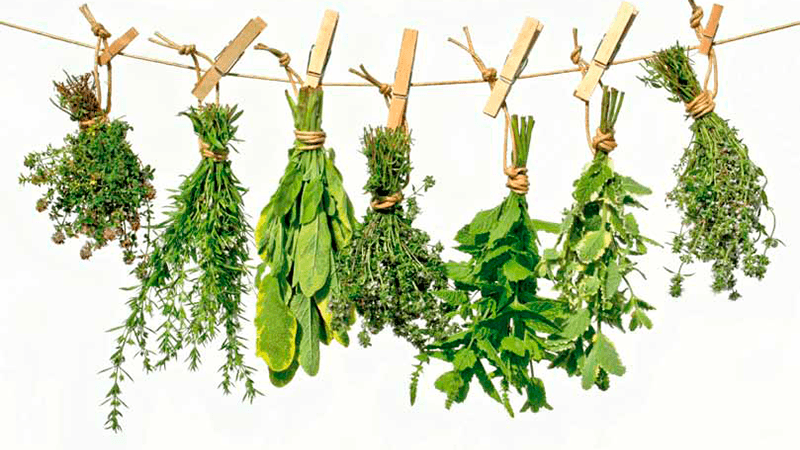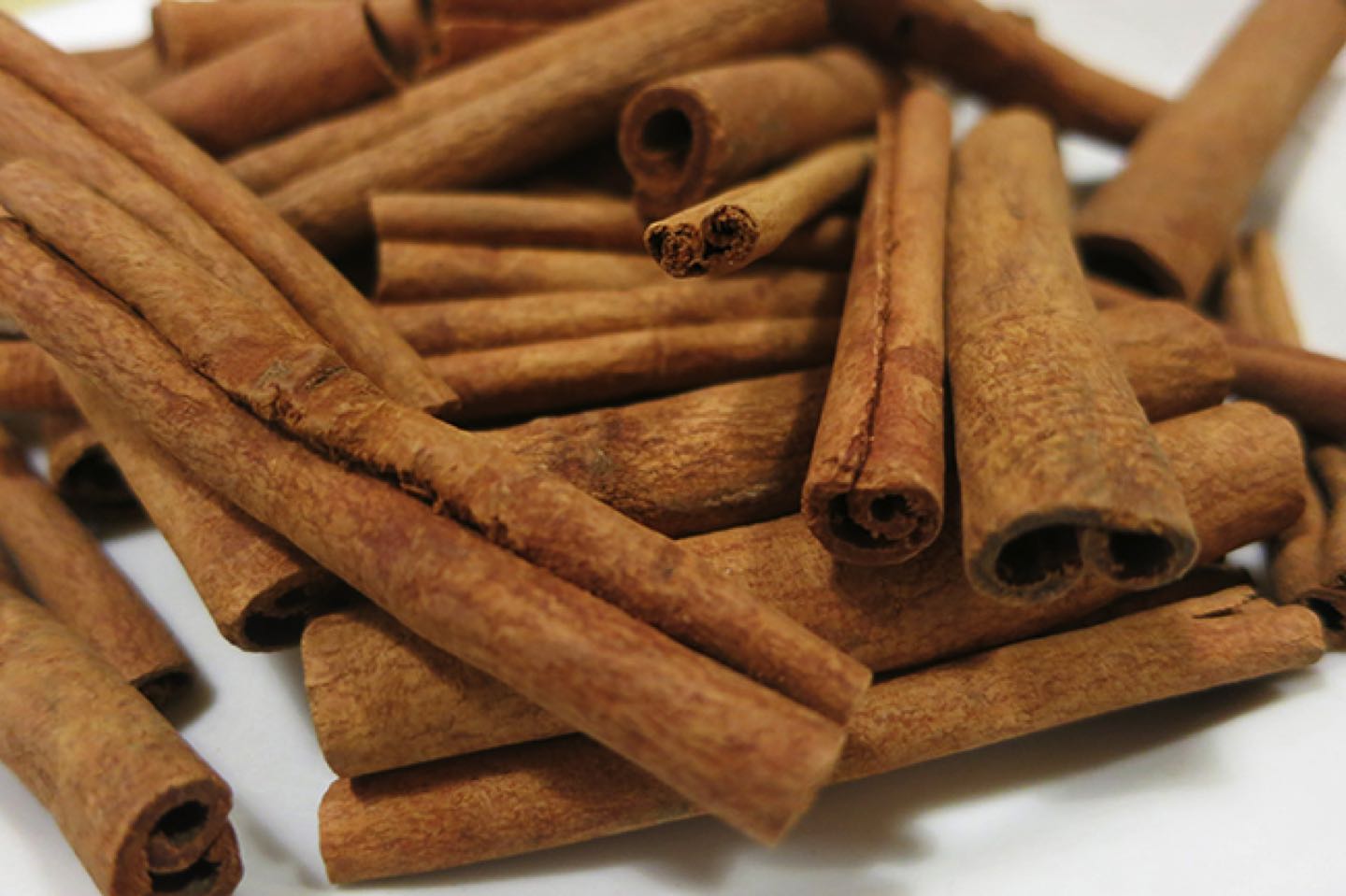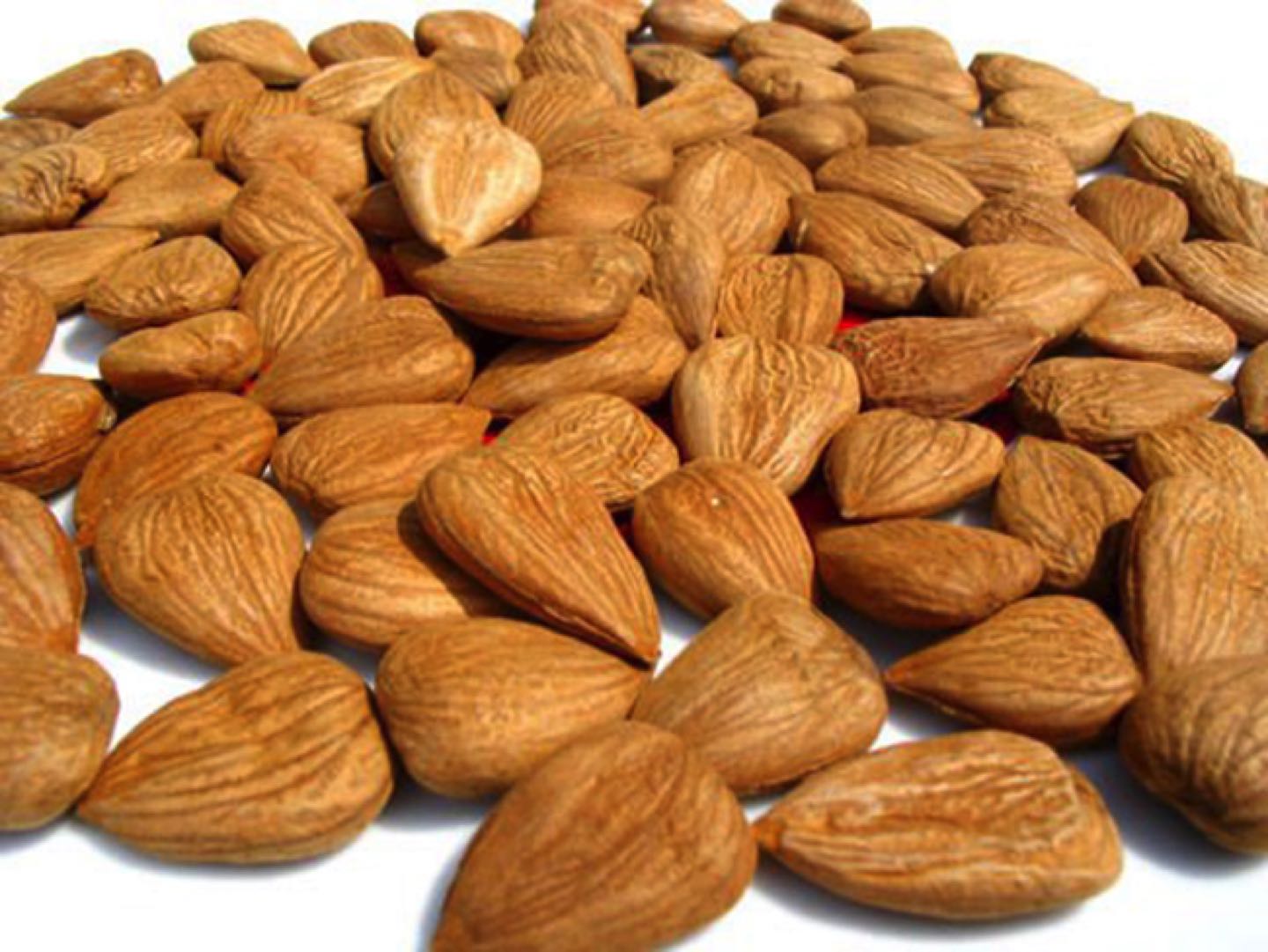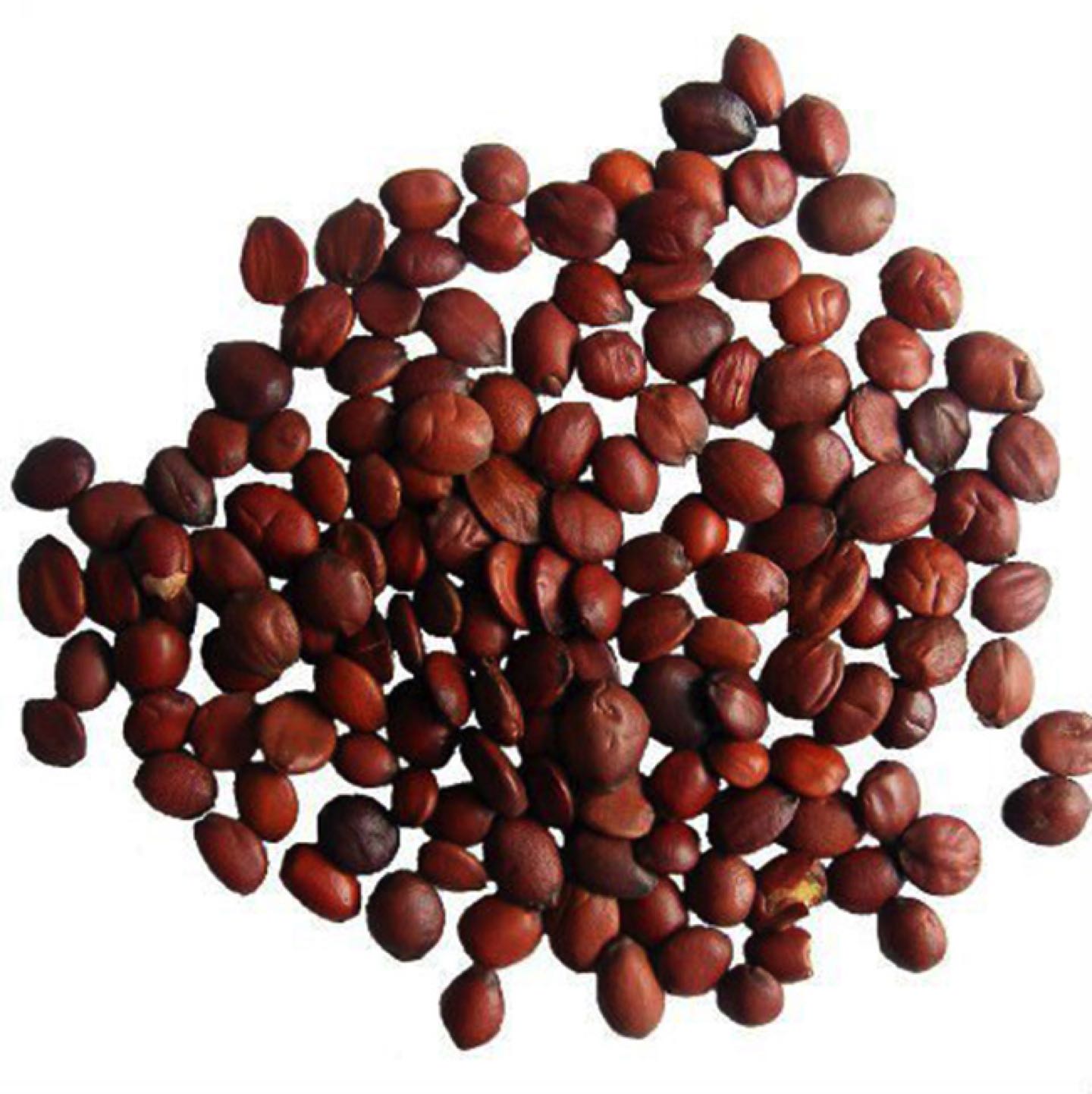
SHA Magazine Natural Therapies
Use of medicinal plants
Humans have been using herbs and medicinal plants to cure their ailments since ancient times. The Chinese tradition dates the use of herbal remedies around 3000. B.C. It is said that Shen Nong, “the Divine Farmer” tested hundreds of herbs to identify their therapeutic properties and taught the ancient Chinese the basics of agriculture. As in traditional Western medicine, Chinese remedies are classified according to their intrinsic characteristics and the action they have in our body. That is, according to its nature (hot, warm, neutral, cool or cold), by its flavor (spicy, sweet, sour, bitter and salty) and its selective action on certain parts of the body (body involved and energy / meridian channel ). Chinese herbs are used to counteract the symptoms of a disease and to restore balance. The cold-related problems like colds or rheumatic pain, are treated with hot herbs, while fever or an illness that involves heat is treated with cold herbs.
You can find here some of the herbs used in the Traditional Chinese Medicine area at Sha Wellness Clinic.
CINNAMOMUM CASSIA (commonly known as Cinnamon)
De naturaleza caliente y sabor picante-dulce, la corteza de la Canela tonifica los riñones, expele el frío y frena el dolor, además de calentar los canales y estimular la circulación. Es por todo ello, que forma parte de una de las fórmulas que recomendamos en programas de adelgazamiento por su acción sobre la mejora del metabolismo de los líquidos a través de la diuresis y tonificación la energía vital.
Cinnamon has a hot nature and spicy-sweet flavor. Cinnamon bark tones the kidneys, expels cold and stops the pain. It also warms the channels and stimulate circulation. That’s why it is recommended on weight loss programmes due to its action on improving the metabolism of fluids through diuresis and toning vital energy.

PRUNI ARMENIACAE AMARUM (commonly known as Bitter Apricot seeds)
With an slightly warm nature and bitter taste, apricot seeds act on the lungs and large intestine. It’s perfect to restore healthy lung function and it is used in cases of cough and asthma of any etiology including as a result of smoking. Together with other herbs it works to transform the mucus, reduce cough and eliminate toxins accumulated in the lung when recommended for anti-smoking programmes.

ZIZYPHI SPINOSAE (commonly known as wild Jujube)
De naturaleza neutra y sabor dulce, las semillas del azufaifo silvestre actúan sobre el hígado y el corazón nutriendo la sangre y tranquilizando la mente. Esta planta constituye uno de los remedios más importantes para calmar el espíritu, y se utiliza en casos de ansiedad, palpitaciones e insomnio asociados a deficiencia cardíaca. Imprescindible en la prescripción base para el tratamiento de todo tipo de insomnio que encontramos en los programas del sueño.
Neutral nature and sweet flavor. Wild Jujube seeds act on the liver and heart nourishing blood and tranquilizing the mind. This plant is one of the most important remedies to soothe the spirit and is used in cases of anxiety, palpitations and insomnia associated to heart failure. The prescription of this plants is indispensable to treat all types of insomnia found on the sleep recovery programmes.

This is just an example of what can be found on our Traditional Chinese Medicine area at Sha Wellness Clinic, where medicinal plants are not only used in weight loss, anti-tobacco and sleep recovery programmes to restore the health, but are also recommended on detox programmes and to everyone who pretend to preserve or recover the health through balance.





